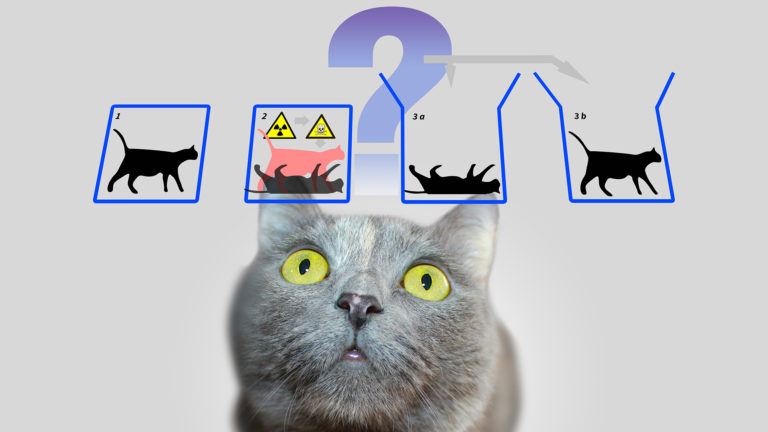Join getAbstract to access the summary!

Join getAbstract to access the summary!
Molly Wood, Kai Ryssdal and Steven Weber
Quantum Computing for Normals
Make Me Smart podcast
Marketplace, 2019
What's inside?
Quantum computing, once science fiction, is fast becoming science reality.
Recommendation
Take a quantum leap into the next iteration of computing power with Kai Ryssdal and Molly Wood, hosts of Marketplace.org’s Make Me Smart podcast. In this episode, they interview Steven Weber, faculty director at the Berkeley Center for Long-Term Cybersecurity, about the implications of quantum computing: What is it is? What can it do? And how soon is it coming? This layperson’s introduction to quantum computing is suitable for anyone looking for a sneak preview of a world with next-generation computer power.
Summary
About the Podcast
Molly Wood and Kai Ryssdal host the Make Me Smart podcast for Marketplace.org, where they explore complex topics that affect society. Steven Weber is the faculty director for the Berkeley Center for Long-Term Cybersecurity.






















Comment on this summary